
Assistive Technology Tools That Make a Difference for Students with Learning Differences
The right assistive technology can transform a struggling student's academic experience by providing tools that work with their learning profile rather than against it.

Setting Your Child Up for Success After Winter Break
The return to school after winter break can be challenging for children with learning differences, but the right strategies can make the transition smoother and set the stage for a successful semester.
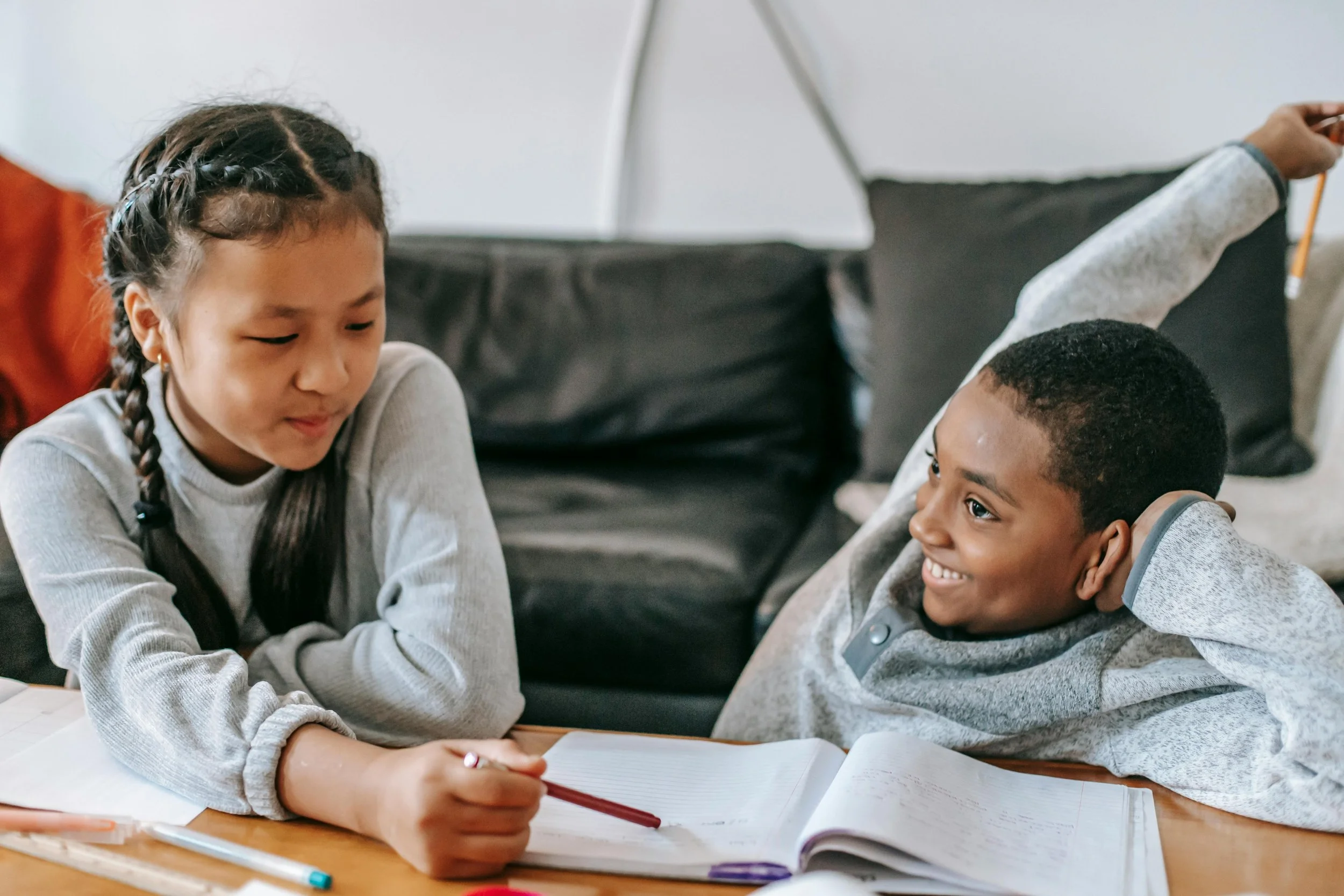
The Connection Between Learning Differences and Anxiety
Understanding the relationship between learning differences and anxiety can help parents provide better support for their child's emotional well-being.
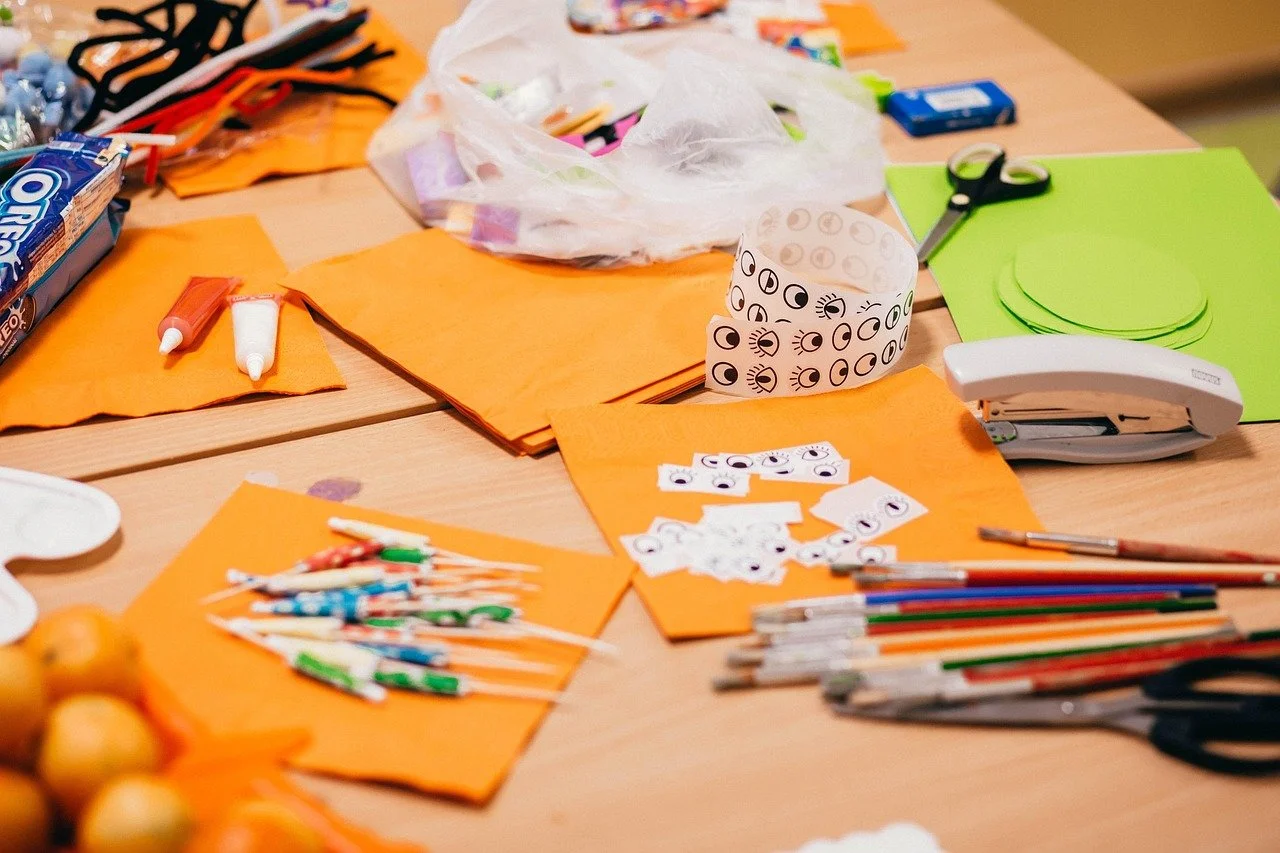
Understanding the Difference Between IEPs and 504 Plans
A clear guide to understanding the differences between IEPs and 504 plans, including eligibility criteria, services provided, and how to choose the right support for your child.

Time Management Tools for Students with ADHD
Practical tools and strategies to help students with ADHD overcome time blindness and develop effective time management skills for school and life.

Helpful Executive Function Skills for Your Child
A practical guide to understanding and supporting the essential executive function skills that help children manage school, relationships, and daily life.

College Readiness for Students with Learning Differences
A practical guide to help families prepare neurodivergent students for the academic, social, and independent living demands of college life.

Friendship Challenges for Children with Learning Differences
Many neurodivergent children face unique friendship challenges, not because they lack social interest, but because they navigate social connection differently.

Building Partnerships With Teachers That Help Your Child Thrive
Strong parent-teacher partnerships transform educational experiences, especially for children with learning differences who need coordinated support between home and school.

Executive Function Coaching: Developmental Expectations from Preschool to High School
Understanding what's developmentally appropriate for executive function skills at each age helps parents support their children without expecting too much too soon.

How Evidence-Based Approaches Transform Literacy Instruction
Evidence-based literacy instruction uses proven methods grounded in decades of research about how the brain learns to read, transforming outcomes for struggling readers.

Navigating School Transitions with Learning Differences
School transitions with learning differences require careful planning, communication, and support to ensure students maintain progress and confidence at each new academic level.

Building Resilience in Children with Learning Challenges
Building resilience in children with learning challenges involves developing their emotional strength, self-advocacy skills, and growth mindset to overcome obstacles and thrive.

Supporting Siblings of Children with Learning Differences
Supporting siblings of children with learning differences requires intentional strategies to ensure every child feels valued, understood, and emotionally supported within the family dynamic.

What Is Executive Function Coaching and How Does It Transform Student Success?
Executive function coaching develops essential cognitive skills that help students organize, plan, and manage their academic and personal responsibilities effectively.
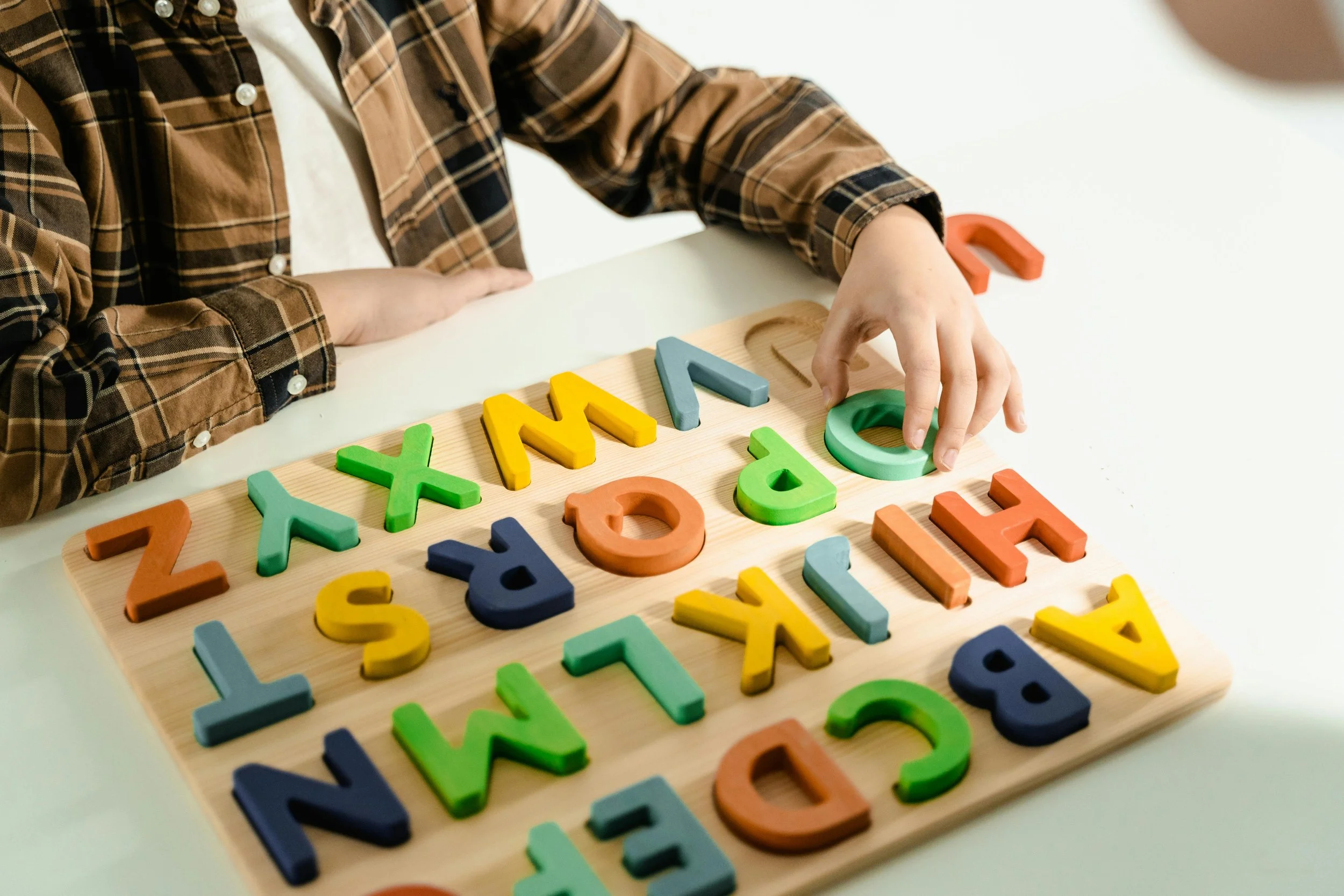
Literacy Intervention at Home
Supporting your child's literacy development at home requires understanding their specific reading challenges and implementing targeted strategies that complement professional intervention.

The Value of Multidisciplinary Approaches to Learning Challenges
Complex learning challenges require comprehensive solutions that address all aspects of a child's development through coordinated professional expertise.
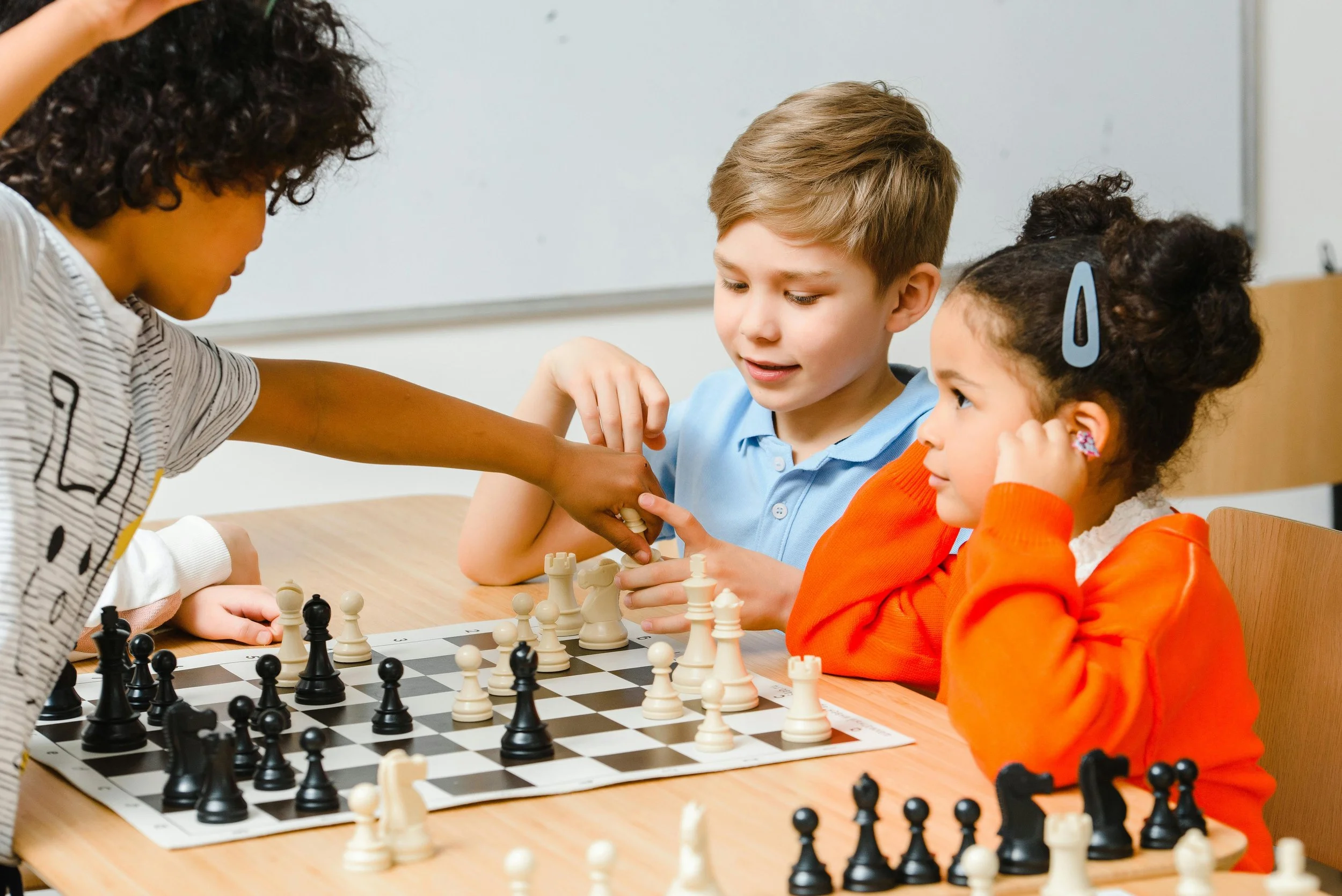
Social Skills Development for Children With Autism and ADHD
Social skills development for neurodivergent children requires understanding their unique social processing patterns and building on their natural strengths.
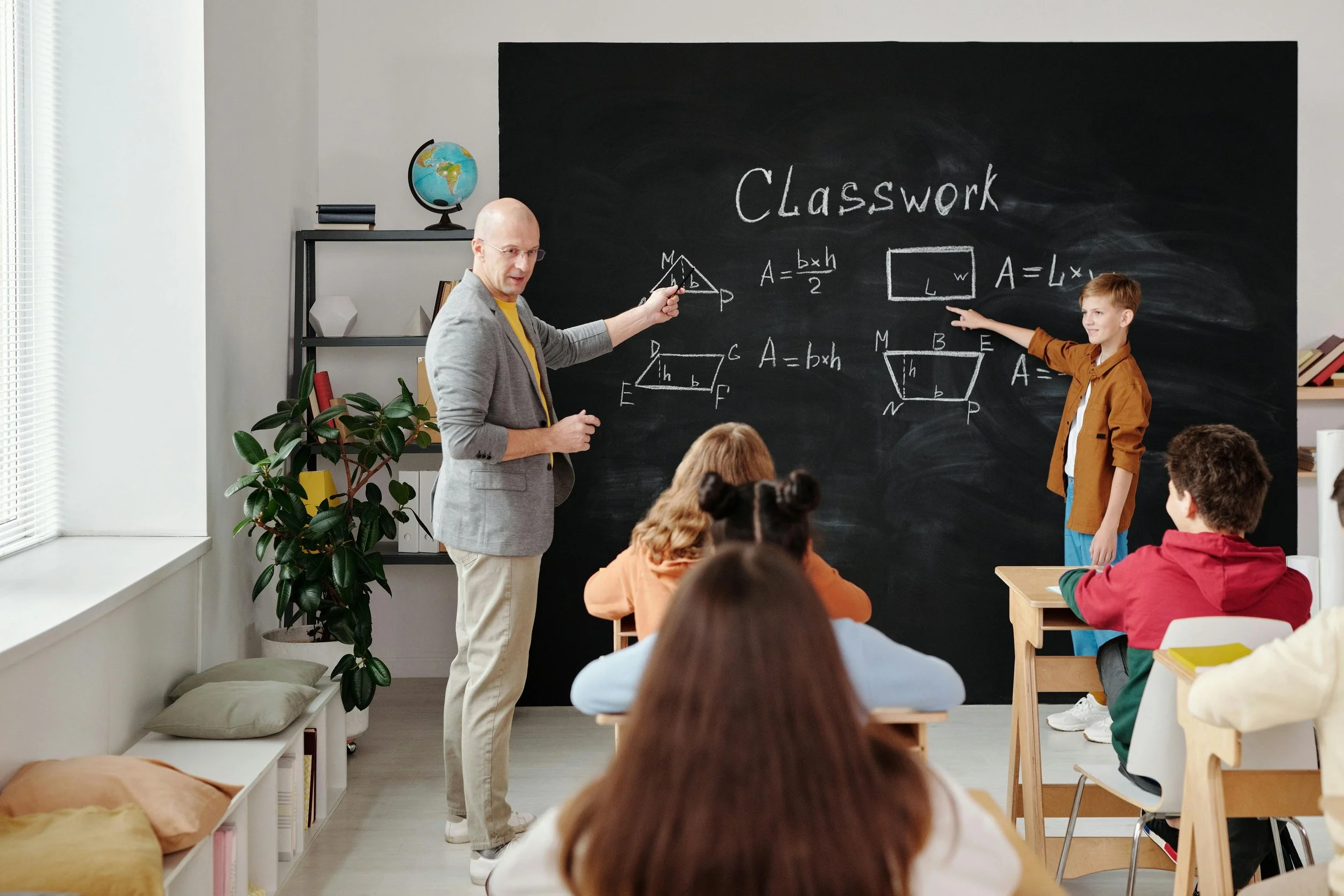
How to Be Your Child's Voice in School Meetings
Becoming an effective advocate for your child in school settings requires preparation, confidence, and understanding your rights as a parent.

The ADHD Brain and Motivation: Why Traditional Approaches Often Fail
Understanding why the ADHD brain responds differently to motivation can transform how we support children with ADHD in achieving their goals.
